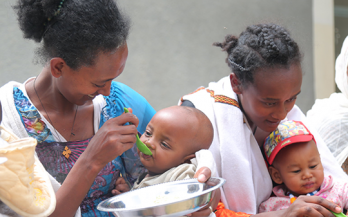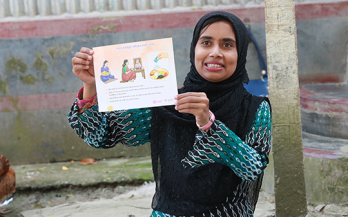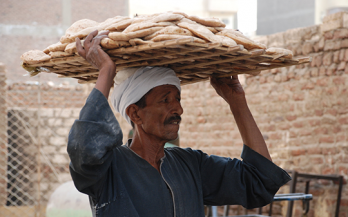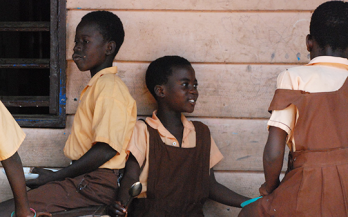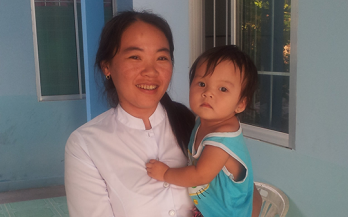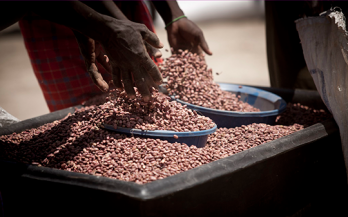Vitamin and mineral deficiencies, particularly those of iron, vitamin A and zinc, affect more than two billion people worldwide. The purpose of this study was to assess the effects and safety of home (point-of-use) fortification of foods with multiple micronutrient powders on nutritional, health, and developmental outcomes in children under two years of age.
The objective of this project is to provide state-of-the-art information and service with regard to selection, use, and interpretation of biomarkers of nutrient exposure, status, function, and effect. Specifically, this project seeks to develop consensus on accurate assessment methodologies that are applicable to researchers, clinicians, programmers, and policy makers.
Little is known about how different delivery platforms can be used to reach nutritionally at risk populations with micronutrient powders. This study examined impact, on anemia and iron deficiency, of the sale of micronutrient powders.
The objective of this paper is to introduce the reader to the set of papers included in this Supplement reviewing methods and experience with Household Consumption and Expenditures Surveys to inform nutrition, and specifically food fortification programs.
This paper presents a picture of the general patterns of complementary feeding behaviours in urban Ghana. This study examined the multiple factors that influence the selection of foods for infants and young children.
The primary objectives of this chapter are to review methodologies used to date to evaluate the impact of food fortification programs in populations, discuss the strengths and limitations of these methodologies and resulting evidence, and provide recommendations on how such methodologies could be improved.
Accurate estimation of gestational age is important for both clinical and public health purposes. Estimates of gestational age using fetal ultrasound measurements are considered most accurate but are frequently unavailable in low- and middle-income countries. The objective of this study was to assess the validity of last menstrual period and Farr neonatal examination estimates of gestational age, compared to ultrasound estimates, in a large cohort of women in Vietnam.
The objective of this study was to conduct nutrition education based on a market-driven approach guided by the government, in order to develop an effective and feasible model for the promotion of iron-fortified soy sauce in China in one pilot site in the city of Jinhua, Zhejiang Province.
The objective of this paper is to analyze the content of documents used to guide mandatory fortification programs for cereal grains. Legislation, standards, and monitoring documents, which are used to confirm fortification, were collected from countries with mandatory wheat flour, maize flour, and/or rice fortification.
Rice fortification provides an opportunity to deliver essential micronutrients to populations that consume rice as a dietary staple. The objective of this study was to describe miller and public sector experiences and perspectives on rice fortification with micronutrients in Colombia and offer recommendations for policy makers.
